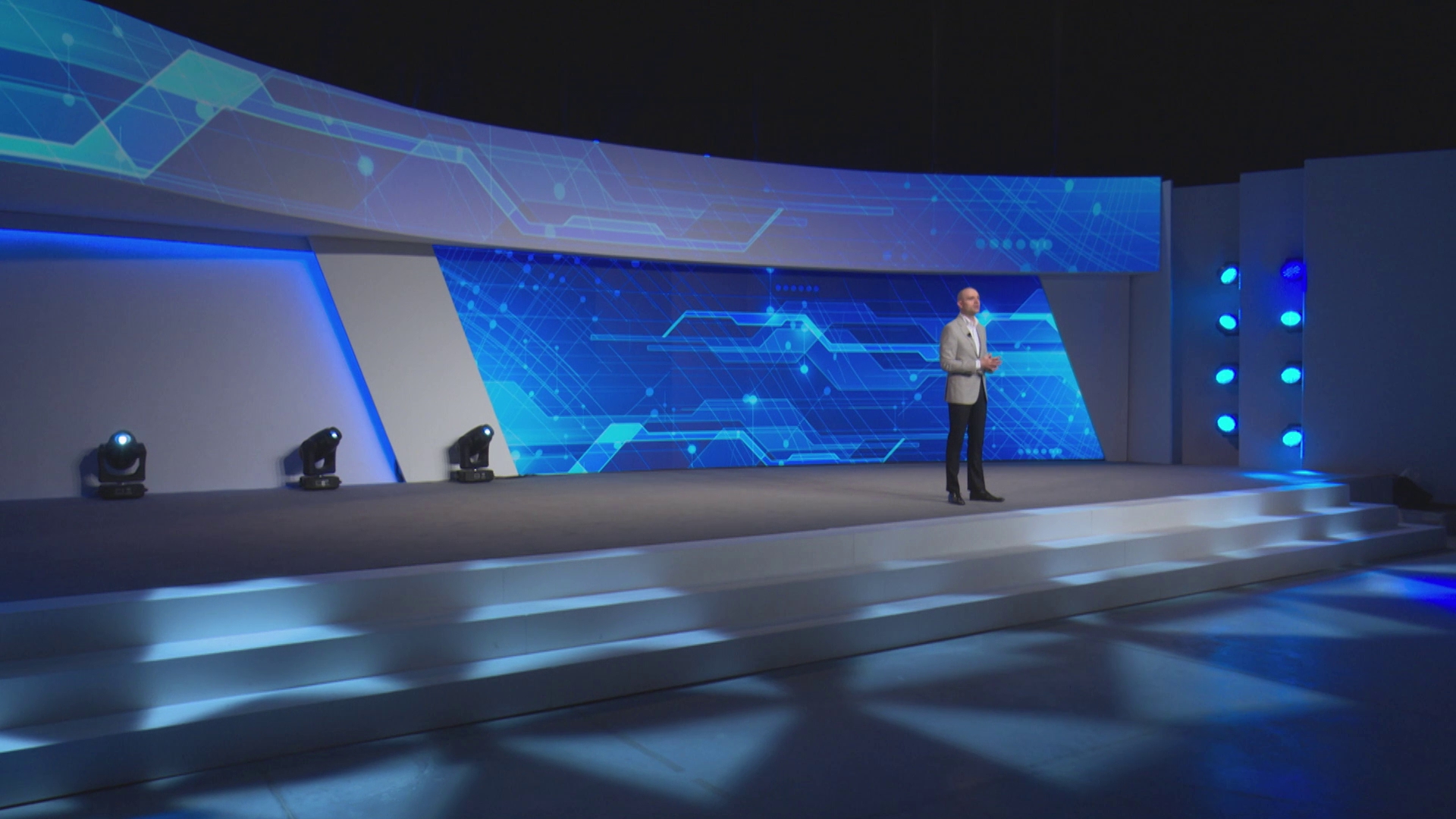 Have you noticed?
Have you noticed?
The buzzword “futurist” has become all the rage at events everywhere.
In the conference business, creating environments of critical thinking & synergistic collaboration VS building upon the North American paradigm of the status quo (i.e. as many transactions within the event window as possible) = Easier said than done.
Everyone wants a futurist keynote these days and, good news, they are in abundant supply! Google futurist and you’ll see what I mean. Well-intentioned or not, qualified or chameleon, they are everywhere.
So, what’s an event prof to do?
A “Futurist” to me is a clever marketing term that implies x, y, z expert can tell us exactly what the future will look like, because, we are a society who has become accustomed to readily receiving answers at the snap of a finger. Why should the topic of the future be any different?
In my view, this is akin to fortune-telling so perhaps we should consider dropping the marketing term for a moment and have an actual conversation about WHY we care so much about predicting or projecting the future, to begin with.
Ahem – enter the Corona Virus.
Whoa! Blind-sided (or were we really?)
Perhaps, while humanity was busy raking up the profits for shareholders, instigated by mass sales events (like tech conferences, large & small) we were never asking the right questions to begin with?
Since the dawn of time, we humans have had an insatiable curiosity about seeking answers.
Today, in the information age, answers are easily accessible and even spoon-fed to us in a steady stream of algorithmic calibrations every day! Who needs meaningful discussions when everyone is being relentlessly pursued by an information onslaught tailor-made to our nuanced needs, specific political leanings, old belief systems, and personal lifestyle preferences?
I believe, many “innovation” conferences, while having excellent future-forward optics, fall short of actually advancing the conversations about our future and instead, fall into the trap of full-on widget & service sales.
“The future is here let me present to you x, y, z product. Oh, and we have a keynote speaker who will tell you the future…”
In an instant gratification society where you can google any answer for free, questions become priceless.
Perhaps as the human race, if we focused on questions over answers, 2020/2021 wouldn’t have seen the death, destruction, and devastation it did (which would have been profitable far beyond our traditional constructs around assessing this metric)
As in, isn’t the health & wellbeing of billions of people priceless? Who among us was NOT affected by the catastrophic events over the last 18 months?
“But Jules, with our smartphones we have everything we need to solve all of humanity’s problems, right?
I would say bluntly: No dice, friends.
This is where I think we have a tremendous responsibility as event professionals through our conferences & meetings (virtual, hybrid, live, or otherwise) to create and encourage an environment of critical conversations, participation, and most importantly deep thinking around ethics and our collective future.
In fact, I believe we have an inherent responsibility around this task, because as event professionals if we don’t curate gatherings that incubate & encourage excellent inquiry – who will?
At events, we have the opportunity to advance humanity in ways that extend far beyond our personal reach into a broader (and more profitable) collective future for us all.
So yes, your meeting matters.
Yes, the content needs critical consideration.
And yes, events are more important now than they ever have been before, so reshaping and rethinking our intentions, our orientation, and our goals for the event (beyond profits) is not just critical for your attendees but for all humankind at large.
How profitable will your business be in a world so destroyed by short-sighted & reckless tunnel visioning?
I believe we have a responsibility to the world to create the future by asking better questions through meaningful, constructive, and thought-provoking gatherings.
Won’t you join us?
About the Author:
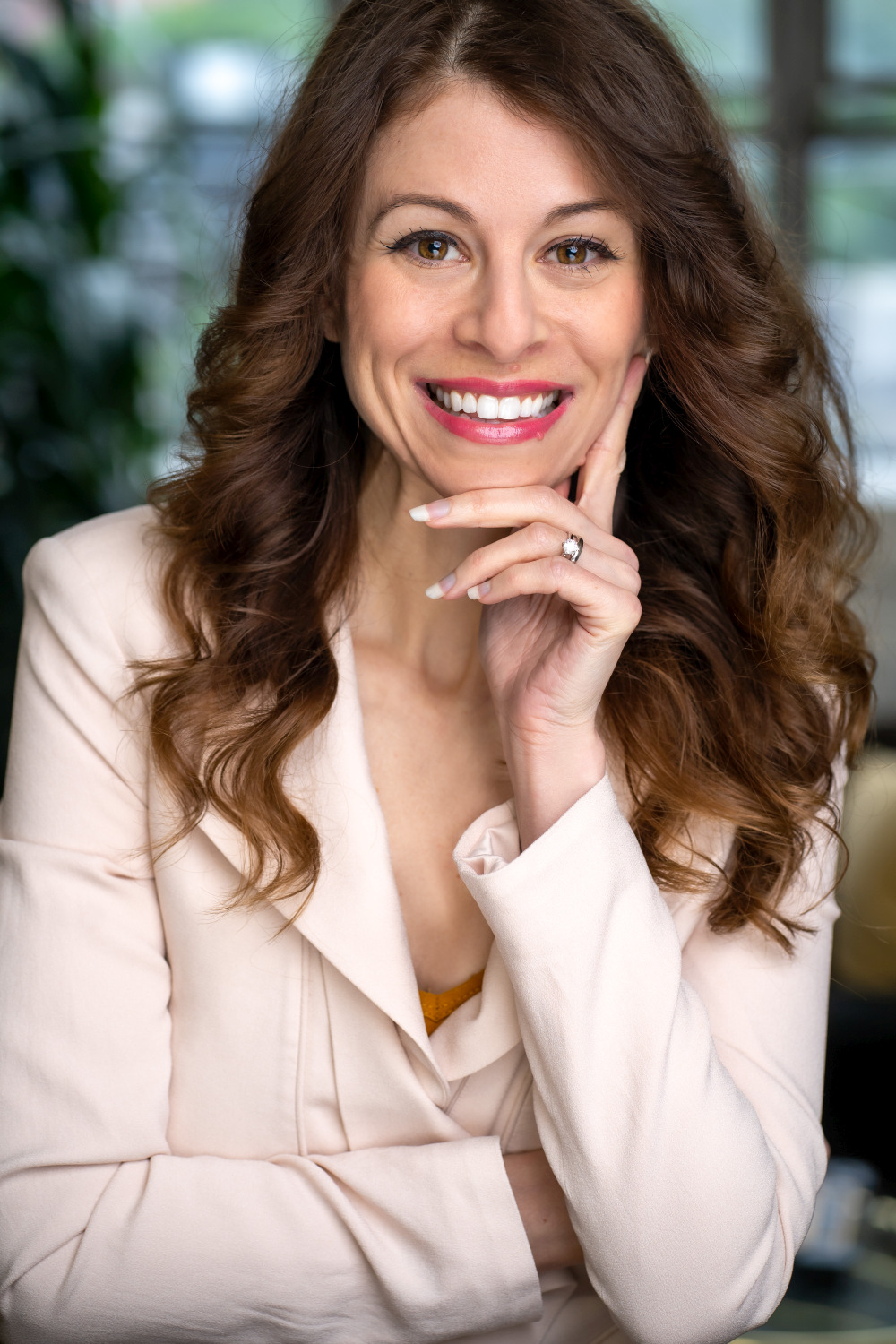 Julie Danaylov, CSEP, RVP is a passionate event professional with over 14 years in the industry. Julie is the lead Event Coordinator with Singularity Media Inc, Co-Founder of A2D2 Inc, Volunteer Chair of Professional Development 2020-2022 at the MPI Toronto Chapter, Volunteer of the MPI Toronto DE&I Taskforce, and sitting Board Member of UMANO Canada. Julie has received a number of awards for envelope-pushing work within the performing arts, events & entertainment industry.
Julie Danaylov, CSEP, RVP is a passionate event professional with over 14 years in the industry. Julie is the lead Event Coordinator with Singularity Media Inc, Co-Founder of A2D2 Inc, Volunteer Chair of Professional Development 2020-2022 at the MPI Toronto Chapter, Volunteer of the MPI Toronto DE&I Taskforce, and sitting Board Member of UMANO Canada. Julie has received a number of awards for envelope-pushing work within the performing arts, events & entertainment industry.

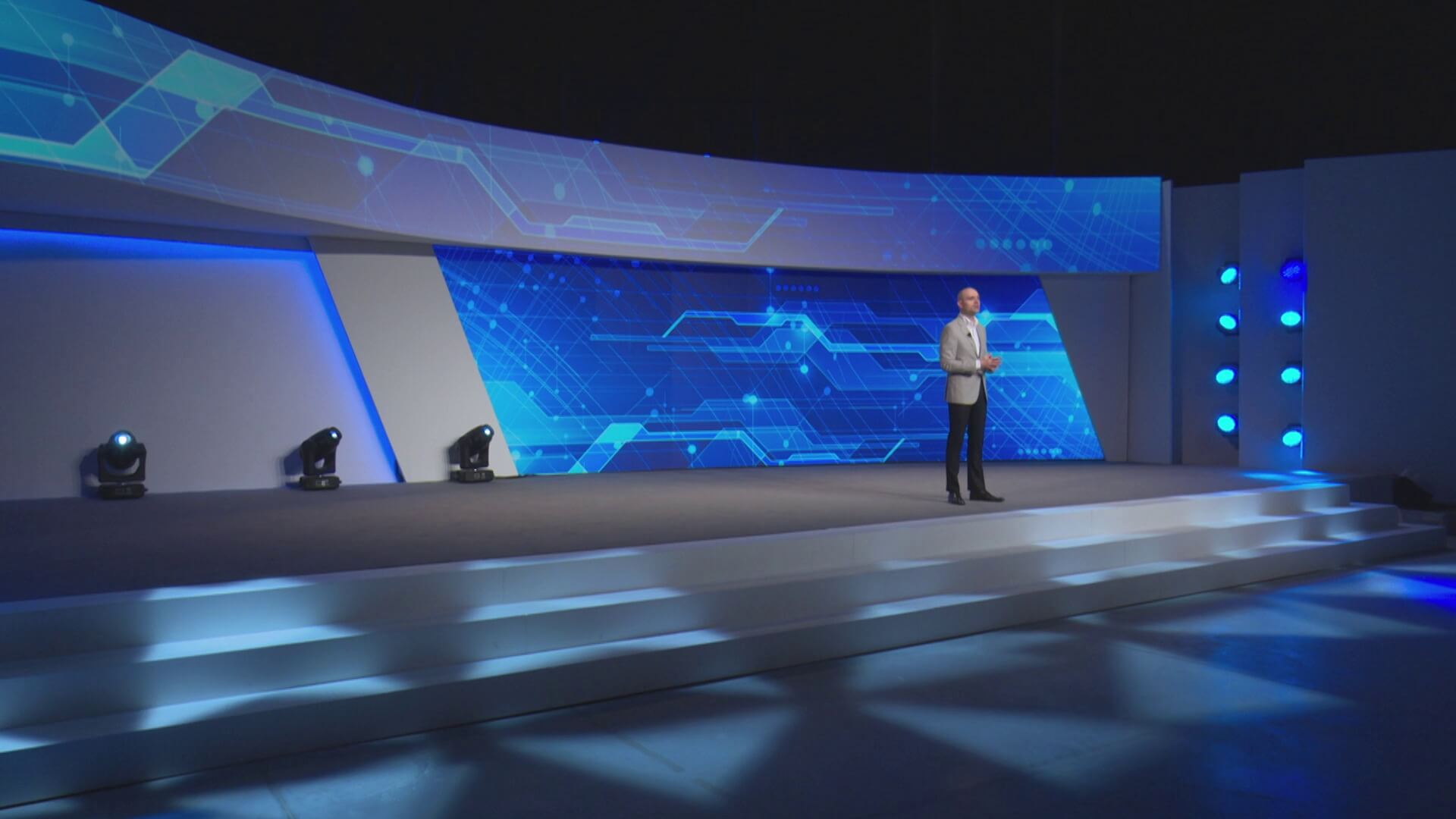
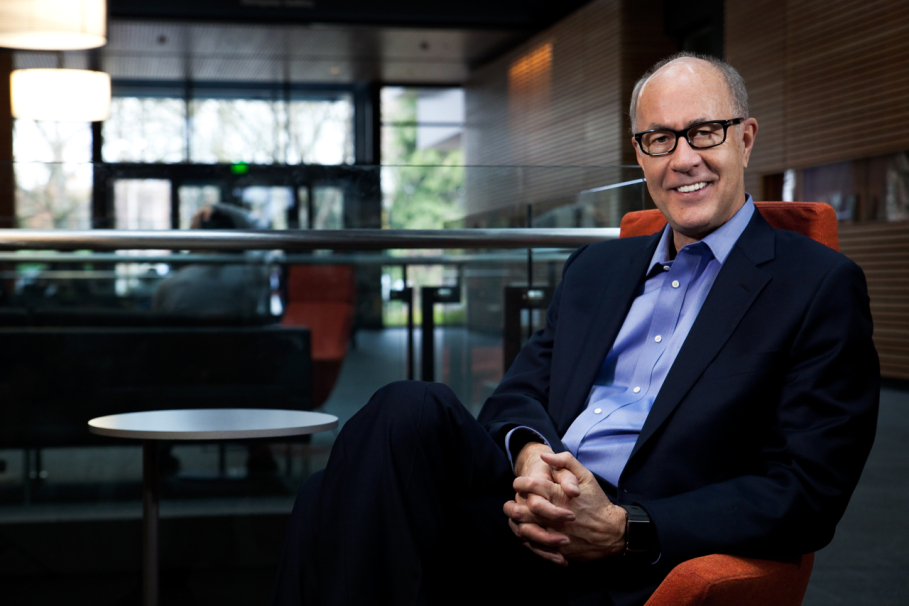
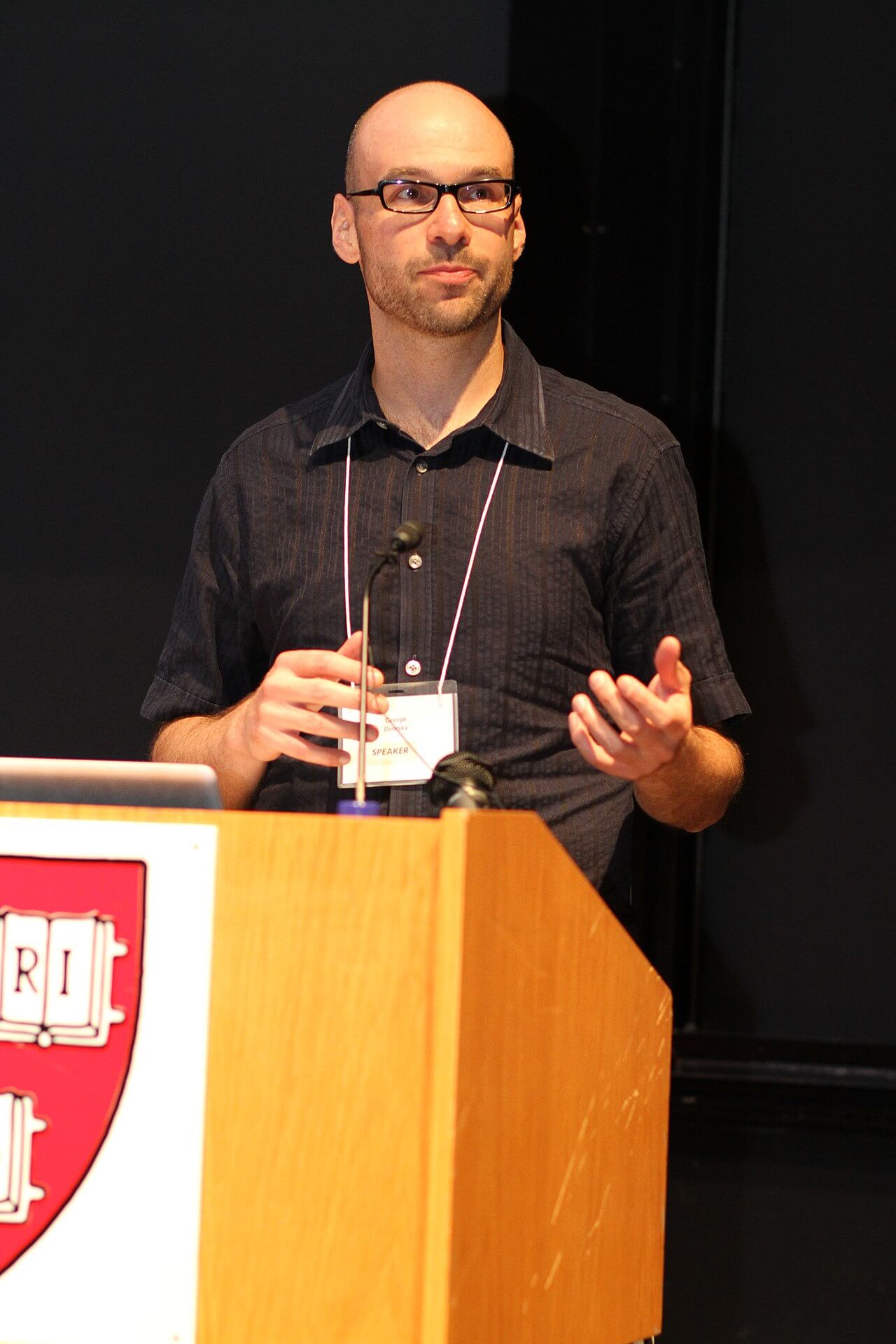 In this edition of
In this edition of 